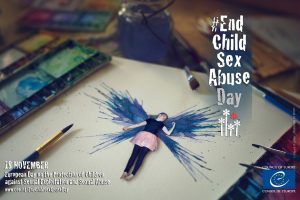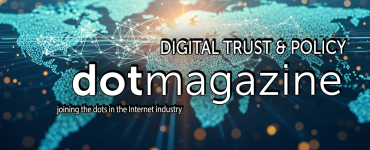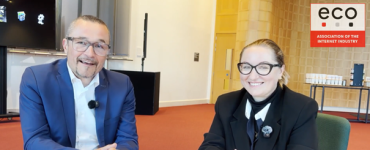On the occasion of the “European Day on the Protection of Children against Sexual Exploitation and Sexual Abuse” on 18 November, the German hotlines, eco (Association of the Internet Industry.), FSM (Association for Voluntary Self-Regulation of Digital Media Service Providers) and jugendschutz.net, answered the most important questions on the topic: Online youth media protection.
End Child Abuse Day
The Committee of Ministers of the Council of Europe had adopted the Convention on the Protection of Children against Sexual Exploitation and Sexual Abuse (Lanzarote Convention) in 2007. This Committee subsequently decided to follow up on this important work with the “End Child Sex Abuse Day”. We need this public day to:
- Raise public awareness of child sexual exploitation and abuse and the necessity to prevent such acts;
- Facilitate an open discussion on the protection of children from sexual exploitation and abuse and contribute to preventing and eliminating the stigmatisation of those affected;
- Promote the ratification and implementation of the Lanzarote Convention – since 1.4.2021 the Convention is in force in all Council of Europe states.
Short German-language video on the day of action: What is the “European Day for the Protection of Children against Sexual Exploitation and Sexual Abuse” and why do we need it?
About the German Internet hotlines
If you come across the illegal content online that is harmful to children and young people, you can report this to an Internet hotline free of charge and, if you wish, anonymously. There are three Internet hotlines in Germany which are: eco, FSM and jugendschutz.net; eco and FSM also jointly operate the portal internet-beschwerdestelle.de.
The three Internet hotlines work closely together and combat illegal youth-endangering and developmentally impairing content in the area of child and youth protection. This includes not only depictions of abuse of children and young people, but also depictions of violence, hate speech or pornography.
Together with klicksafe and the “Nummer gegen Kummer” German youth helpline, the hotlines are active in the German Safer Internet Centre and are financially supported by the EU as Internet hotlines.
In Germany, the Internet hotlines work closely with the German Federal Criminal Police Office (BKA), and the German federal government reports annually on this joint work. They are part of the international INHOPE, the global network of child abuse Internet hotlines.
You too can help. If you come across such content, please report it directly to the Internet hotlines using one of the online complaint portals.
Short German-language video on the day of action:
Who are the Internet hotlines in Germany and what do they do?
What happens specifically with information given to an Internet hotline?
Any complaint is rigorously examined by specially trained staff. The first step is to investigate whether the reported content is a violation of criminal law regulations or whether the content should not be freely available online for reasons of protection of minors.
If the assessment reveals that the content is illegal, the Internet hotlines proceed with different measures according to the type of content. Depictions of sexual abuse of minors recorded in Germany, for example, are immediately reported to the German Federal Criminal Police Office (BKA), with which there has been close cooperation for many years.
The next step is for the Internet hotlines to inform the relevant hosting, platform or other service providers so that the content is taken down as quickly as possible.
The dissemination of illegal content does not stop at national borders, of course, which is why the German Internet hotlines also cooperate with international partner Internet hotlines within the INHOPE networks to ensure that content stored in other state governments is also quickly taken down.
Many reports are made anonymously, but if an email address is left, the Internet hotline will get back to the reporter with the result of their investigation.
Further help and resources
Anyone and everyone can be affected by sexualised violence online or perceive such incidences, but no one has to stand alone in such a situation! There are numerous offers of help and information, both for those affected, young people and children, as well as for parents, teachers and other educators.
Short German-language video on the day of action: What can you do if you encounter sexualised violence online?
Short German-language video on the day of action: How can sexual harassment online be tackled?




